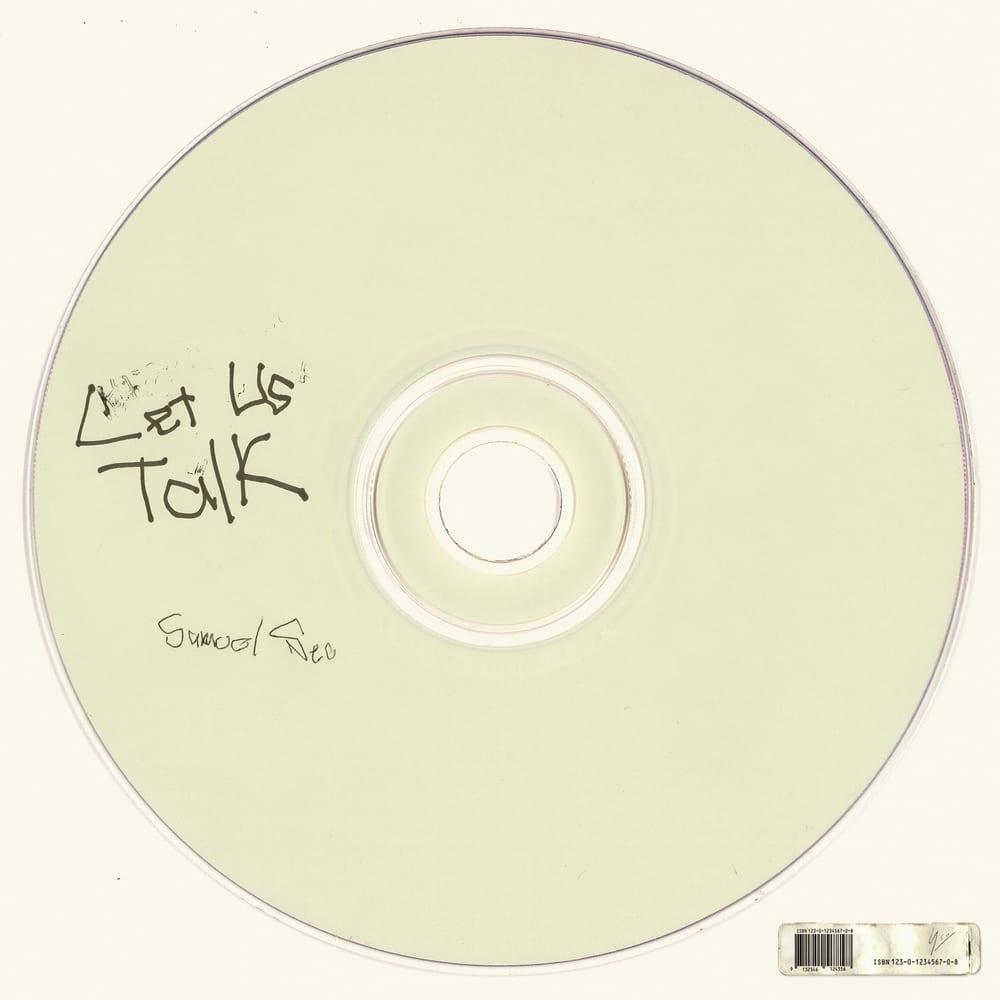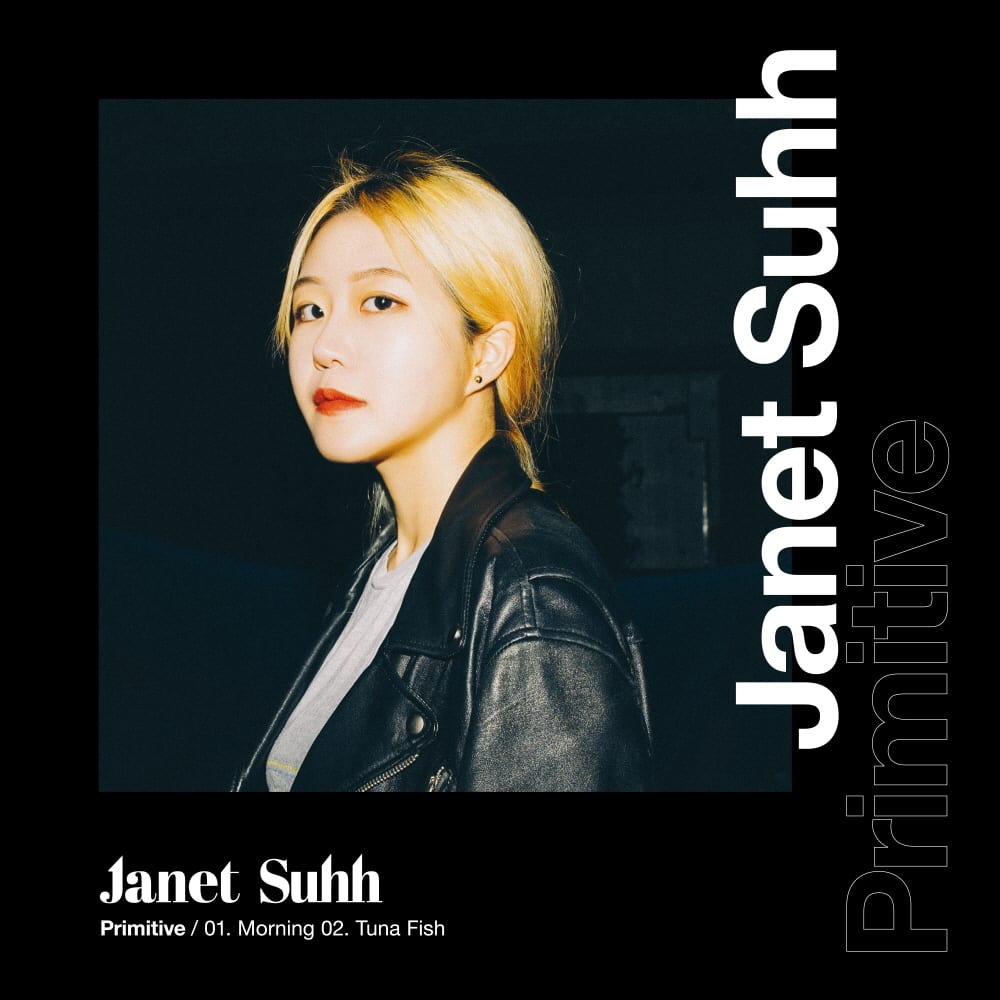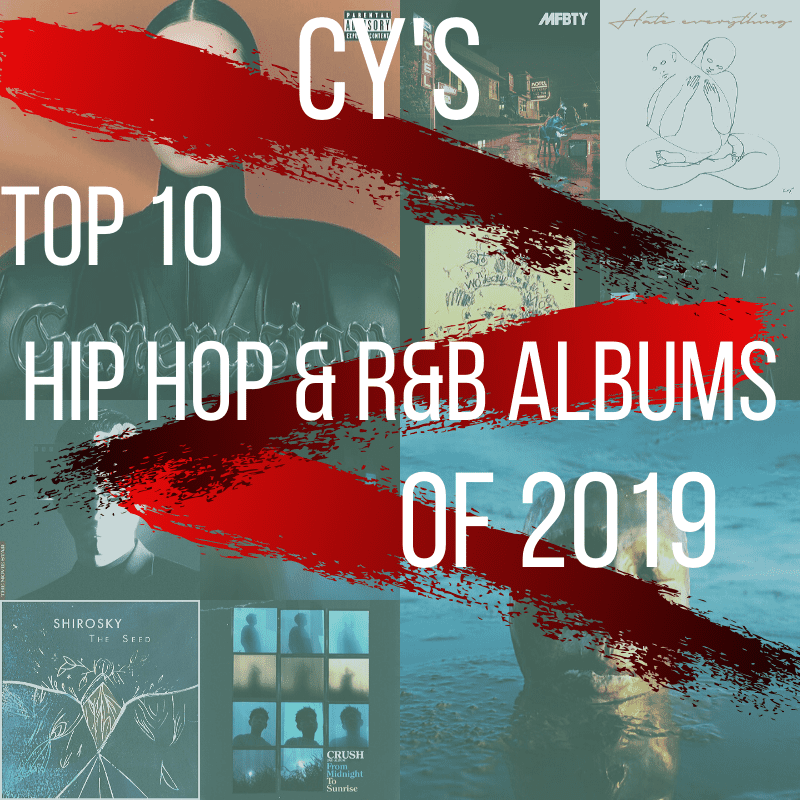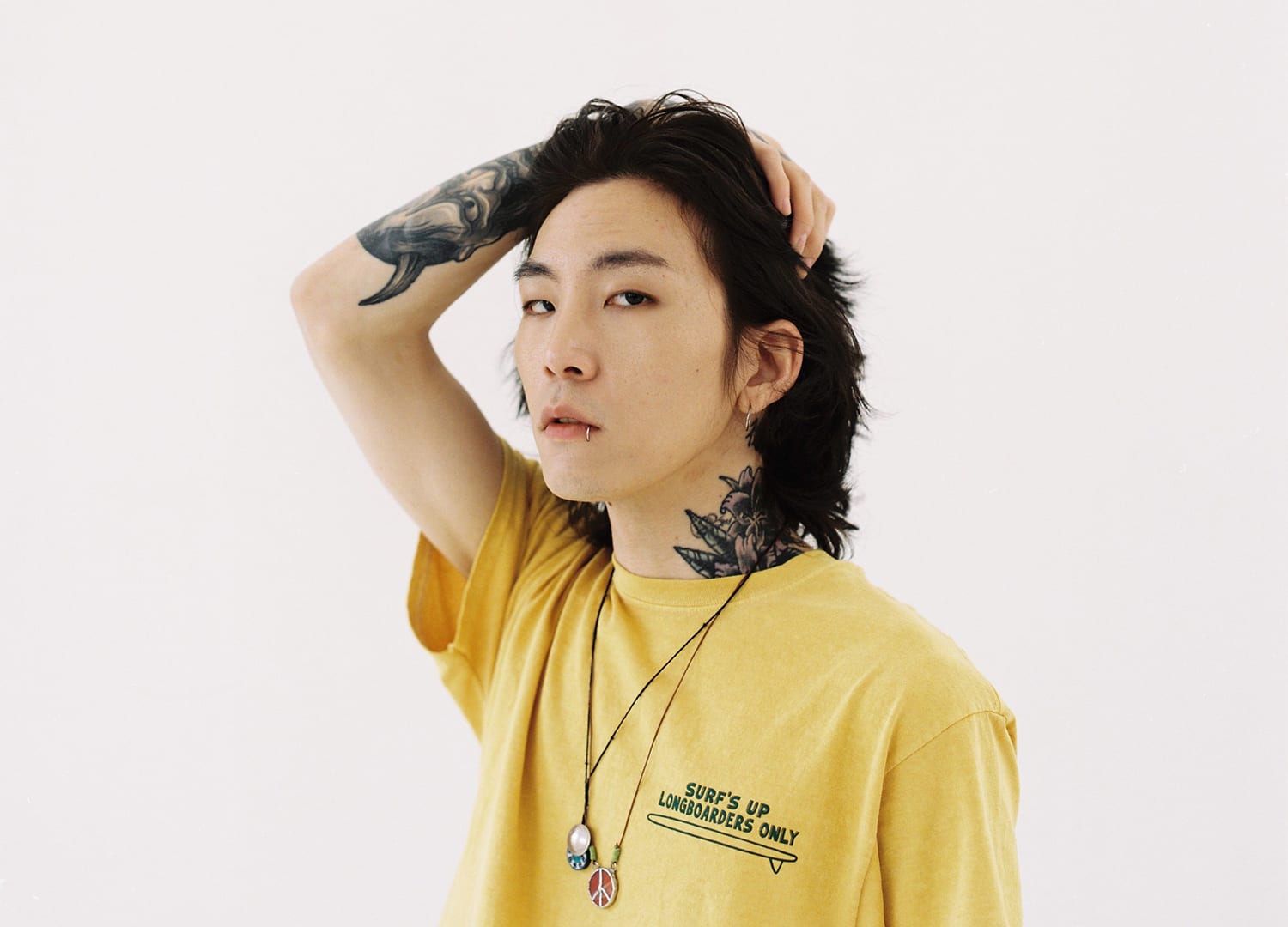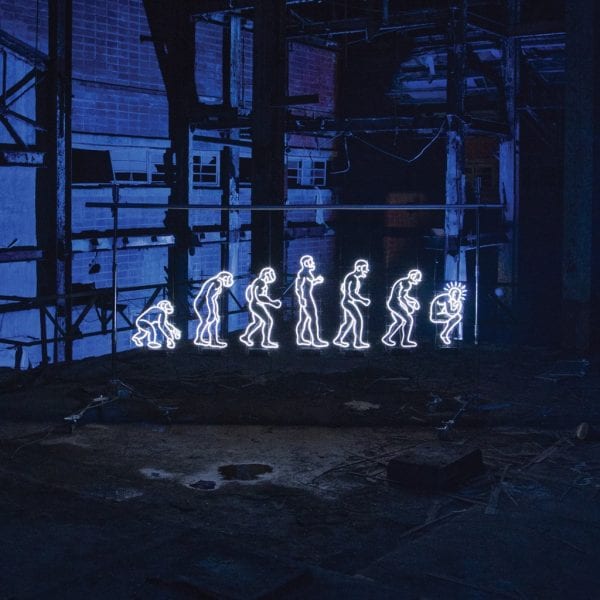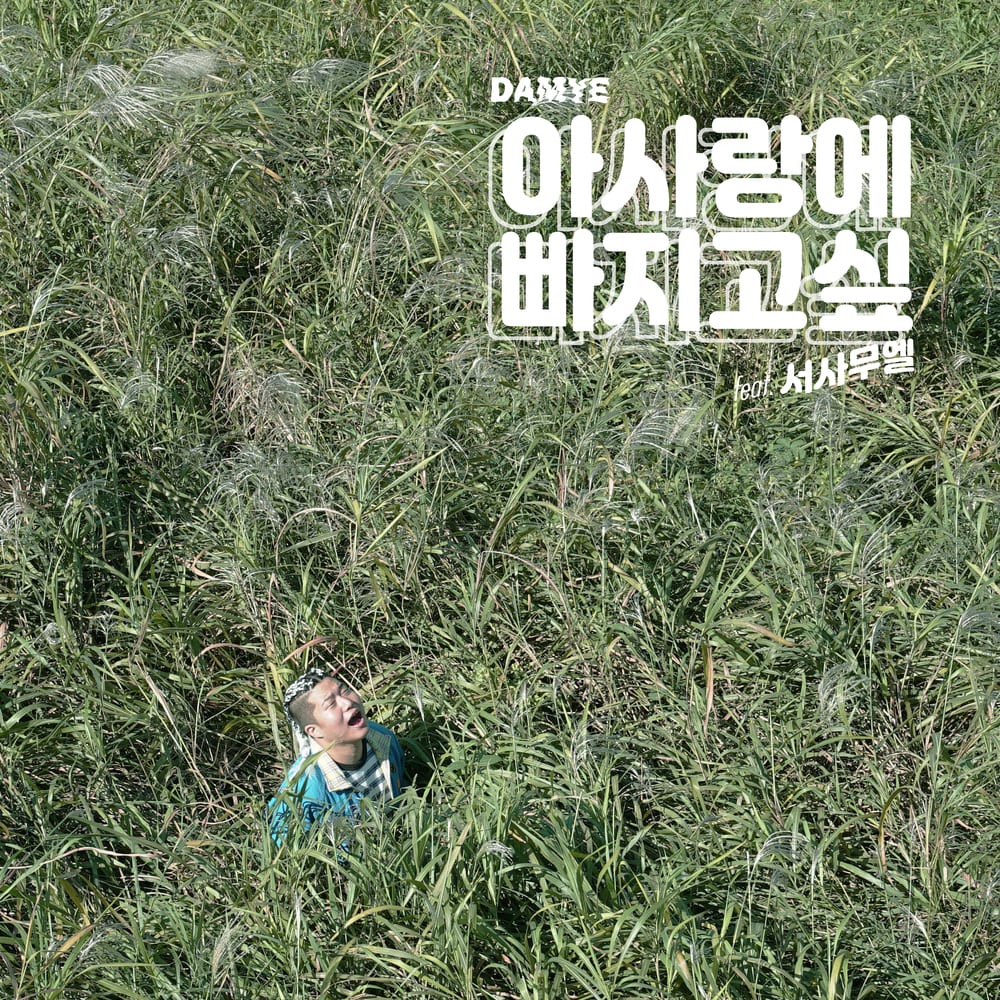For his first single of 2020, “Let Us Talk,” Samuel Seo worked with Portuguese producer and DJ Holly as well as with keyboard player Ahmin Heo.
Janet Suhh releases first double single, “PRIMITIVE”
Singer Janet Suhh has released her first single today. “PRIMITIVE” contains two songs, one produced by ASSBRASS and one by Samuel Seo.
Kim Oki releases “For My Angel” LP and “Story (Feat. Samuel Seo)” MV
Jazz musician Kim Oki has released his new full-length album “For My Angel” today, which features Samuel Seo and Sep of Hippy was Gipsy.
Cy’s Top 10 Hip-Hop & R&B Albums of 2019
Another year. Another crop of extraordinary hip-hop and R&B albums from South Korea. To keep things simple (and as a challenge to myself), I decided to consolidate these lists into one ultimate list of Top 10 albums from the country. So without any more preamble, I give you my list!
Samuel Seo’s “The Misfit” is a Work of Art
This man just doesn’t know how to make a bad album. It’s like he’s physically incapable of doing so. It makes sense. Samuel Seo doesn’t release work every three months. He takes his time to develop, learn, nurture his sound. It’s obvious in the way he’s crafted The Misfit.
“I’m a Simple Guy”: An Interview with Samuel Seo
To be honest, when I started writing this interview, I wasn’t sure what direction I wanted to take it. How much should I really reveal here? Believe me, I went back and forth about this. Samuel Seo has everything I love in an artist: fearlessness, passion, and a big mouth. But how do I show that honestly without potentially getting him in some hot water? I found my answer in something he said to me during our conversation: “I’m just being honest, sis.”
Eluphant release fourth full-length album, “4,” and music video
In their fourth full-length album, duo Eluphant depict the “4” seasons with support from Punch, DOKO, Hanhae, ESBEE, TakeOne, Samuel Seo, and Yang Da Il.
Samuel Seo releases third full-length album, “The Misfit”
Samuel Seo has released his third full-length album, “The Misfit,” today, as well as the music video of the title track “Playaplayaplaya.”
DAMYE releases “Lonely Boy (Feat. Samuel Seo)” single and music video
DAMYE of INPLANET has released his new single, “Lonely Boy,” today, which features Samuel Seo. A music video for the track came out as well.
